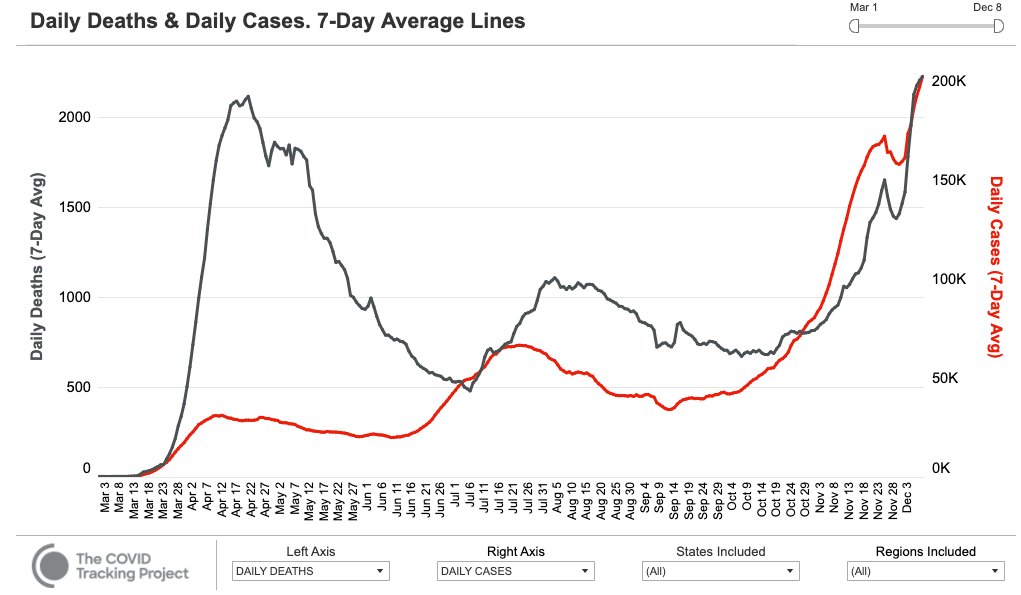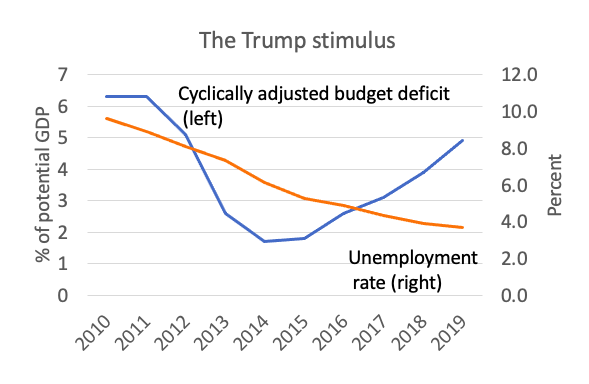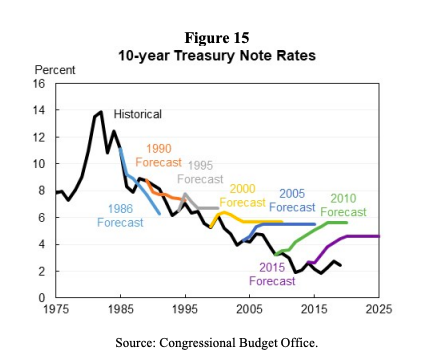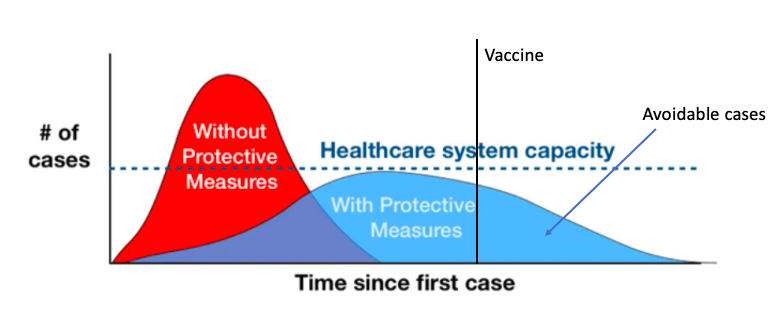
Many of the headlines on the new administration offer get it wrong by emphasizing the headline cost, which makes it sound serious. The key thing is the refusal to extend unemployment benefits, which is cruel and stupid 1/ huffpost.com/entry/covid19-…
THIS IS NOT ABOUT STIMULUS. As some of us emphasized all along, when a pandemic is raging the goal shouldn't be to goose the economy but to provide disaster relief to those who can't work because their usual jobs spread the virus 2/
This was true at the beginning: 3/ nytimes.com/2020/04/02/opi…
And it's true now, as our negligence has created a wave of infections and deaths bigger than we suffered in the spring 4/ 

Sending everyone a $600 check totally misses the point. Most people don't need it; meanwhile it's utterly inadequate for those who do need help. Why would anyone propose swapping out unemployment aid for this? 5/
I actually don't know where this is coming from. One possibility is that Trump, still deluded in the belief that he can steal the election, wants another round of checks with his name on them 6/
Another is that Mnuchin is just stupid, that after all this time he still doesn't understand the basics of pandemic economics. OK, I guess these aren't mutually exclusive 7/
Somehow this makes me even angrier than McConnell's stonewalling. MM is at least evil in an understandable way. What we're seeing here, in the final economic act of the Trump admin, is a special mix of cruelty and cluelessness 8/
• • •
Missing some Tweet in this thread? You can try to
force a refresh











